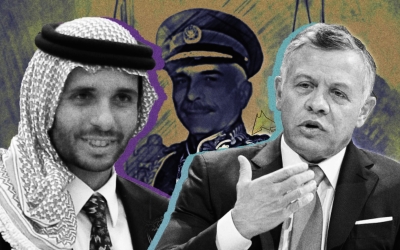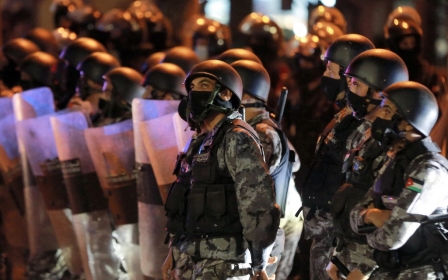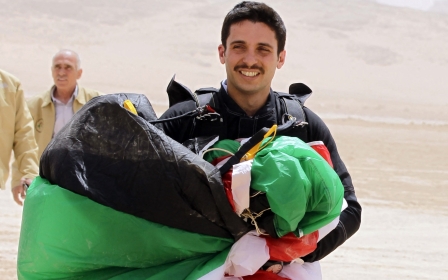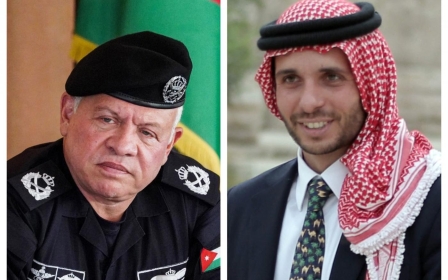Jordan's King Abdullah says sedition quashed, country stable
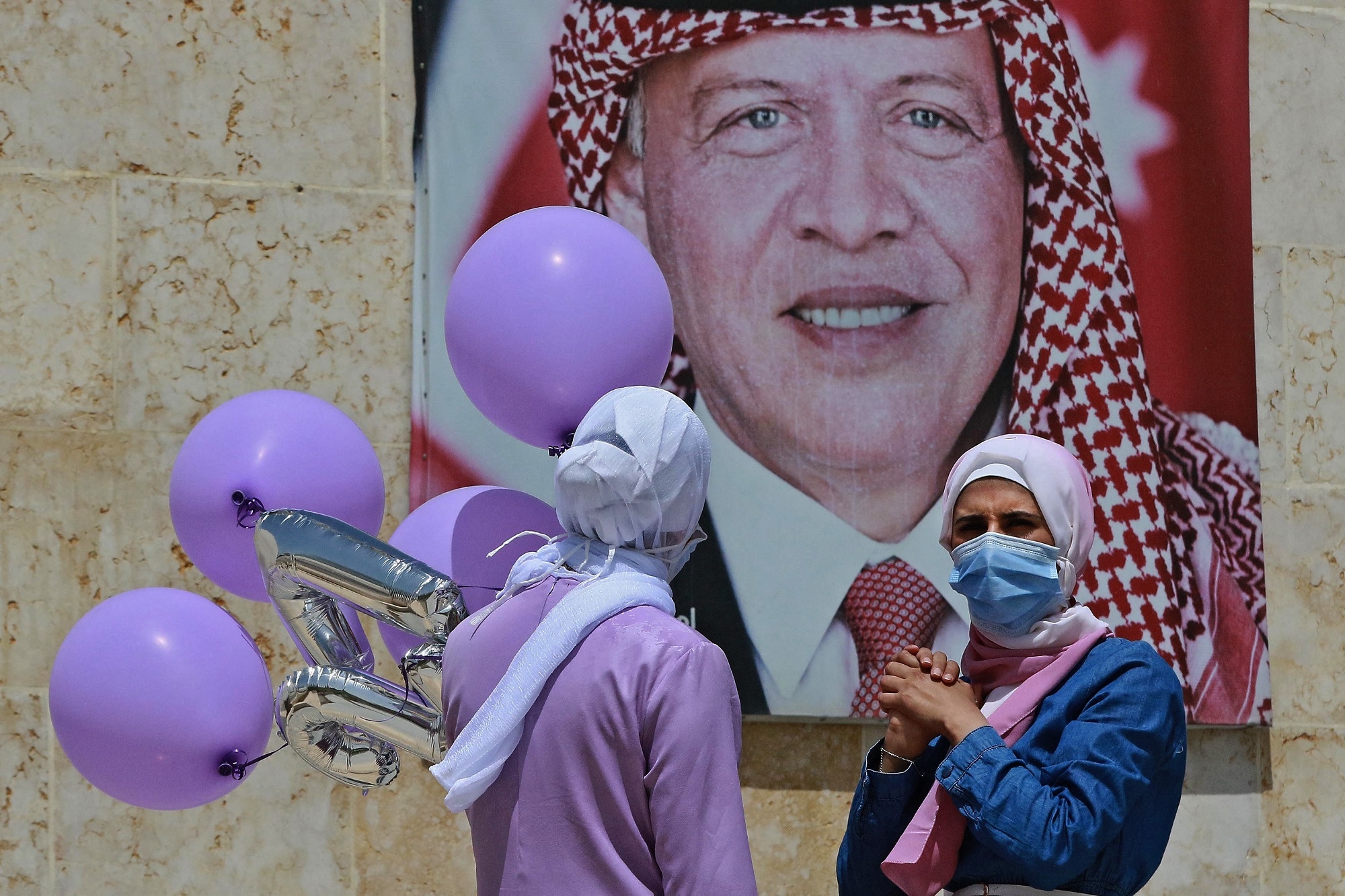
Jordan's King Abdullah said on Wednesday that the sedition reported last week had been quashed after a rift with Prince Hamzah, his half-brother and a former crown prince, and that the country was now stable and secure.
In a written statement issued by his office, the king said Hamzah had been dealt with by the royal family - without revealing details about the alleged wrongdoings by the former crown prince.
"The challenge of the past days was not the most difficult or most dangerous to the stability of our country, but for me, it was the most painful because the parties of the agitation were inside our one home and outside of it," the king said.
"Nothing compares to what I felt of shock, pain and anger - as a brother and as the head of the Hashimite family and as a leader for the dear [Jordanian] people."
On Saturday, Jordan arrested 20 people, including Hassan bin Zayed, a member of the royal family, and Bassem Awadallah, a former royal adviser, over what it called threats to the "security and stability" of the kingdom.
New MEE newsletter: Jerusalem Dispatch
Sign up to get the latest insights and analysis on Israel-Palestine, alongside Turkey Unpacked and other MEE newsletters
It is not clear what the nature of the alleged plot was, or if Prince Hamzah was connected to it.
Ayman Safadi, Jordan's deputy prime minister, said on Friday that military chief Yousef Huneiti had met with Hamzah, warning him to "cease all movements and activities that target Jordan’s security and stability".
The former crown prince was replaced by Abdullah's own son, Hussein, in 2004, but he remains popular among East Bank Jordanian tribes.
A leaked audio tape of the conversation between Huneiti and Hamzah purported to show the army chief asking the prince to stop meeting with tribal leaders and to limit his visits to royal family members and cease online posts.
Hamzah reacted angrily to the request and asked Huneiti to leave his house.
After initially striking a defiant tone and vying not to obey the orders, Hamzah pledged allegiance to his brother on Monday.
"In light of the developments over the past two days, I put myself at the disposal of his majesty the king, and I reaffirm that I will always remain committed to the covenant of the ancestors, loyal to their legacy, following in their footsteps, devoted to their path and mission, and to his majesty the king," Hamzah said in a letter released by the palace.
'In my care'
On Wednesday, King Abdullah said he opted to deal with his brother within the family, tasking their uncle, Talal, the late King Hussein's brother, to tackle the crisis.
"Prince Hamzah has committed to the family to follow the path of our forefathers and to be loyal to their message and to put the interests of Jordan and its constitution and laws above all other agendas," the royal statement said.
"Hamzah is today in his palace with his family in my care."
King Abdullah had received messages of support from countries across the region despite the vagueness of the supposed plot against him.
Jordan is dealing with economic and health crises amid the spread of Covid-19.
Amman enjoys warm ties with Washington and has formal diplomatic relations with Israel, but tensions arose during the Donald Trump presidency, who tilted US policy further in alignment with Israel's right-wing government.
Jordan also appeared unimpressed with Israel's normalisation deals with the United Arab Emirates and other Arab countries, which had been hailed as historic "peace" agreements.
"Occupation and peace simply cannot coexist," Abdullah said earlier this year.
"The Palestinian people have a right to an independent, viable, and sovereign state on June 4, 1967 lines, to live alongside Israel in peace and security."
The Washington Post reported earlier this week that a Saudi delegation visiting Amman requested the release of Awadallah, the former senior official who was arrested on Friday.
The Saudi officials wanted to take Awadallah, who serves as an adviser to the Riyadh's powerful Crown Prince Mohammed bin Salman, back to the kingdom, the Post cited a Middle Eastern intelligence official as saying.
King Abdullah spoke with US President Joe Biden on the phone on Wednesday, a White House statement said hours after the palace released its statement on the rift in Jordan.
"President Joseph R Biden, Jr spoke today with King Abdullah II of Jordan to express strong US support for Jordan and underscore the importance of King Abdullah II's leadership to the United States and the region," the White House said.
"Together they discussed the strong bilateral ties between Jordan and the United States, Jordan's important role in the region, and strengthening bilateral cooperation on multiple political, economic, and security issues."
Biden also reaffirmed support for the two-state solution in the Israeli-Palestinian conflict, the White House's statement added.
Middle East Eye delivers independent and unrivalled coverage and analysis of the Middle East, North Africa and beyond. To learn more about republishing this content and the associated fees, please fill out this form. More about MEE can be found here.



